“Tell Us About Yourself”
That dreaded question – What do you want to know? What do you want me to say? Is there a right answer? Suddenly you can’t think of one interesting fact about yourself and you end up talking about your favourite takeaways. By the end of the interview you are left wishing you had a second chance to do it again, wishing that it had only been a warm-up interview before the real one starts.
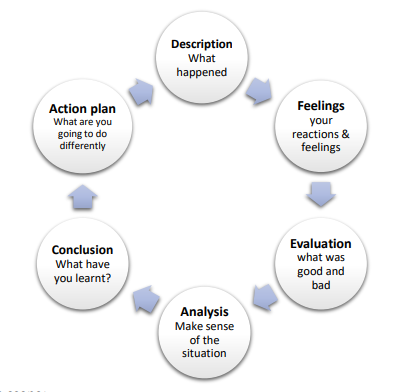
Luckily enough, I had the opportunity to partake in a “warm-up” interview; one where there were no stakes involved (except, perhaps, some minor embarrassment in front of peers!) This experience proved to be extremely beneficial to me as I plan my next career steps. To fully explore the benefits of the experience, I will be reflecting upon it using the Gibb’s Reflective Cycle, pictured here. [1]
Description
I was assigned to a group with three other girls, who were also pursuing careers in teaching. We each had the task of interviewing one another and, in turn, being interviewed ourselves. We had been assigned to this group and task a number of weeks before it was due to take place, which meant that we had plenty of time to prepare. This preparation included picking a suitable job description to interview for, creating and compiling a list of questions for each “candidate” based upon their chosen job description, as well as preparing your own answers to expected questions. When the day arrived, we each took turns (in alphabetical order) to interview one another for a timed ten minutes. We also took five minutes before each interview to prepare our questions as a panel, and five minutes after the interview to complete individual feedback forms, as both interviewer and interviewee. Overall, the task went very smoothly and it even turned out to be a good way to get to know my peers better!
Feelings
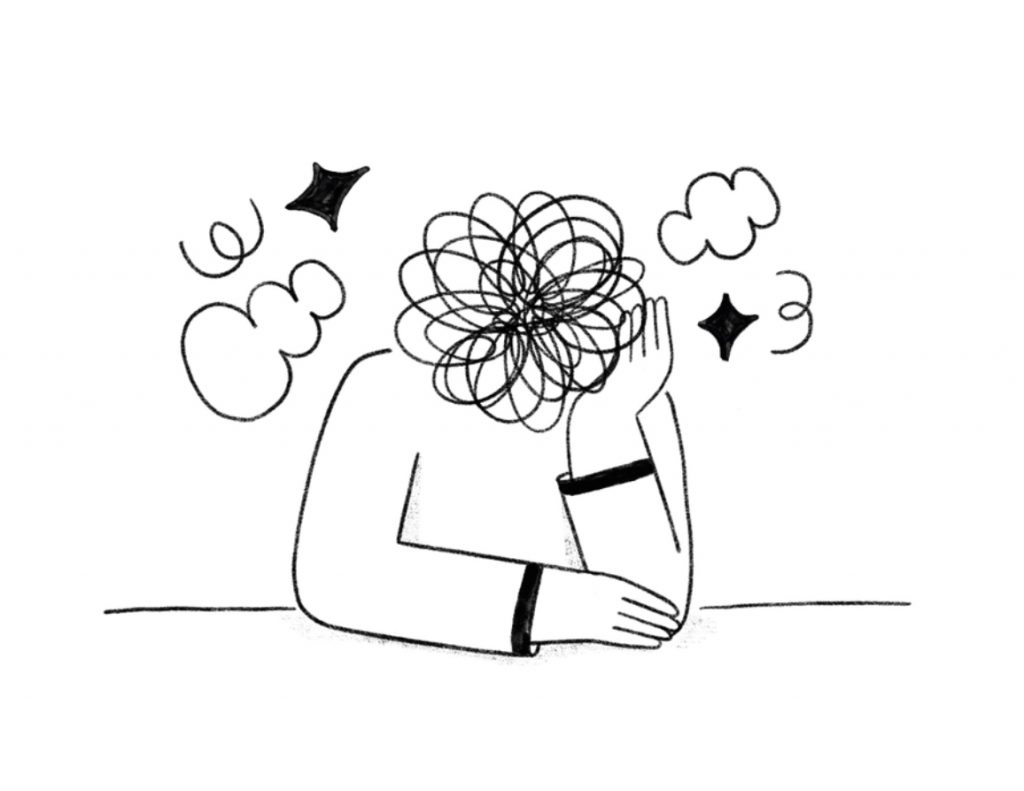
Preparation: From the beginning, when I first heard that I was going to be partaking in simulated interviews, I was nervous! It was the one task that I dreaded doing – I’ve had my fair share of bad interviews and I did not want to reenact them in front of my peers! While I was preparing for the task, my nervousness grew and when the dreaded day came, I couldn’t wait to get it over with and crawl under a rock.
Morning of: However, as soon as I got to class and sat down with my group I felt immediately more relaxed; we each realised we felt the same way and could then offer comfort, support and reassurance to one another before, during and after the task! When the task began, I had no nerves at all.
On the panel: I quickly realised that being on the panel as an interviewer was no more easy than being the interviewee: picking and posing the questions for the candidates was something foreign to me and the experience forced me to re-examine how I personally viewed interviews. I felt somewhat uncomfortable interviewing my peers and scrutinising their answers – this part of the experience definitely did not come naturally to me!
My turn: When the time came for my own interview, I (unexpectedly) felt more relaxed as I was more familiar with the role of interviewee than interviewer. During the interview I felt confident in my answers but oftentimes felt like I was rambling or talking too fast. I also felt somewhat embarrassed at having to ”blow my own trumpet” in front of my peers, however by the end I felt that I had done my best and was reassured by the panel that I had done well!
Evaluation
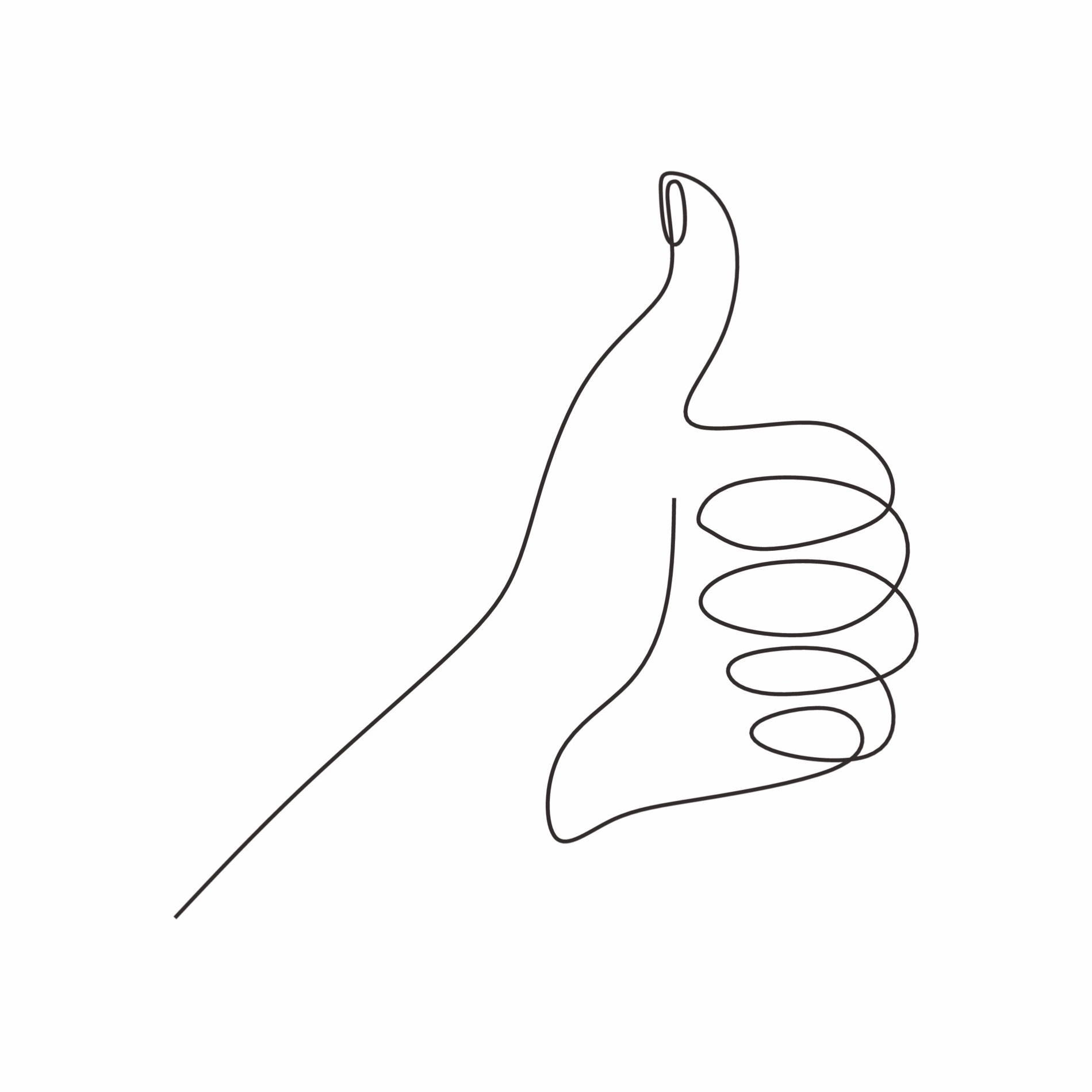
On a whole, I feel that the task was a success and it all went very well! Each member of the group gave a good interview and enjoyed the experience, and it also gave us an opportunity to learn more about each other!
Based upon my feedback, I think my peers would agree that the task went well. My feedback was full of great comments regarding the content of my answers, my ability to give relevant experiences, and my use of the S.T.A.R technique! [2] I also received positive feedback about my presentation and body language, with my peers commenting on my ability to maintain eye-contact and keep the panel engaged. Overall, my peers agreed that I came across friendly and enthusiastic, which I was pleased to hear!
I was happy to recieve such positive feedback but I was just as eager to hear improvements, however I didn’t have many (perhaps due to the kindness and reluctance of my peers!) One area of improvement that a peer highlighted was to ”be more confident in your abilities and strengths when answering questions”.
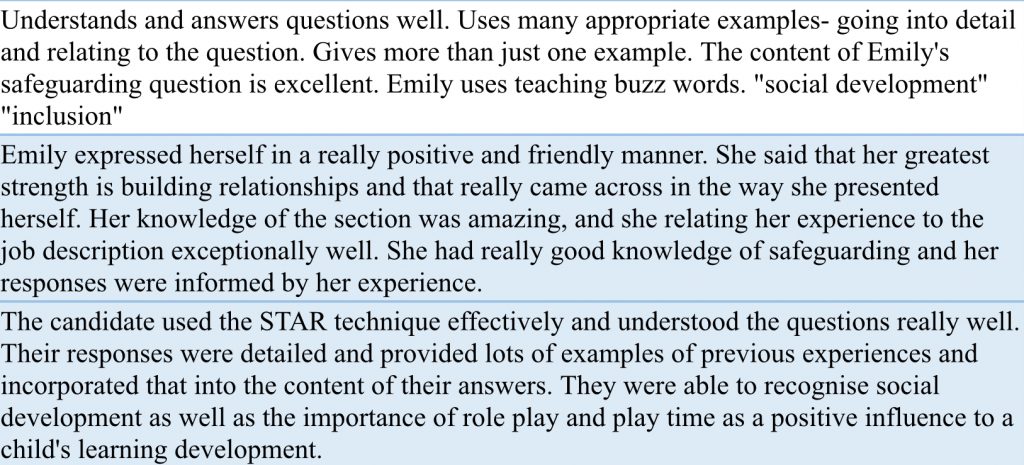
Analysis
As I make sense of the experience and my feedback, I find that my peers’ comments line up with current statistics surrounding job recruitment and hiring processes. For example, my peers wrote that the content of my answers was particularly good, with each of them commenting on how my range of work experience was of benefit to me! This lines up with current statistics that claim that up to 91% of employers want candidates to have work experience that they can talk about in an interview [3]. As well as this, I received positive feedback regarding my presentation, with my peers commenting that I showed positive body language and good eye-contact, and that I appeared friendly and enthusiastic. I was pleased to read this as recent statistics also show that it only takes an employer 7 seconds to establish a first impression [4] and that 4 out of 10 employers would reject a candidate who showed no enthusiasm! [5]
The area of improvement that was highlighted to me was in regards to my confidence: I feel that this is a great piece of advice for improvement, as it is shown that up to 40% of interviewers would turn away candidates who lacked confidence! [6] Therefore, in analysing the experience, I find that this task was clearly very useful in establishing what my strengths are and what an employer may find appealing about me as a candidate. It also helped me to identify my own areas of improvement and growth.
Conclusion and Action Plan
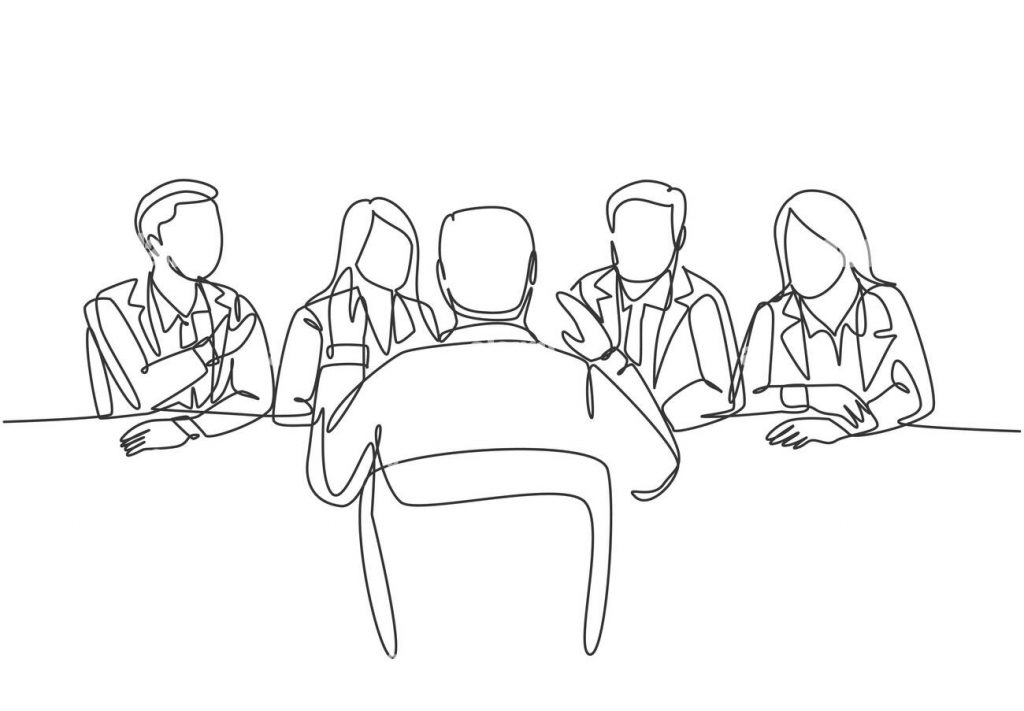
In conclusion, I found that the experience was extremely beneficial in more ways than one! I was able to see that being an interviewer can be just as nerve-wracking and awkward as being the interviewee! This changed my perspective on how I may approach future interviews as it will hopefully prevent me from feeling intimidated. As well as this, the experience helped me to identify my strengths and build my confidence which, in turn, helped me to improve my interview skills! Overall, the experience has been most beneficial in helping me to identify exactly what an employer is looking for and is eager to see, based upon my own feedback and what I personally found appealing in my peers’ interviews.
As I move forward, I will continue to ensure that I prepare, prepare, prepare for every interview! The amount of preparation I did beforehand made the task a lot easier, however I will try to prevent myself from letting my nerves grow during this preparation period. In future, I will remind myself of the positive feedback I have received in this task (in order to keep my nerves at bay!) and will use it to further improve my interview skills.
References
[1] University of Cumbria Academic Services & Retention Team. Gibbs’ reflective cycle. 2016, Available at: https://my.cumbria.ac.uk/media/MyCumbria/Documents/ReflectiveCycleGibbs.pdf (Accessed: 16th February 2022).
[2] Indeed UK Operations Ltd. How To Use the STAR Interview Technique in Competency-Based Interviews. 2021, Available at: https://uk.indeed.com/career-advice/interviewing/star-technique (Accessed: 16th February 2022).
[3] Turczynski, Bart. zety.com. 2022 HR Statistics: Job Search, Hiring, Recruiting & Interviews. 2022, Available at: https://zety.com/blog/hr-statistics (Accessed: 16th February 2022).
[4] Simplilearn Solutions. Job Interview Statistics and Trends for 2022. 2022, Available at: https://www.simplilearn.com/job-interview-statistics-article (Accessed: 17th February 2022).
[5] Fennell, Andrew. Job Description Library. Job Interview Statistics. 2022, Available at: https://jobdescription-library.com/job-interview-statistics (Accessed: 16th February 2022).
[6] What To Become. 27 Interview Statistics: All You Need to Know in 2021. 2021, Available at: https://whattobecome.com/blog/interview-statistics/ (Accessed: 17th February 2022).
Bibliography
Fennell, Andrew. Job Description Library. Job Interview Statistics. 2022, Available at: https://jobdescription-library.com/job-interview-statistics (Accessed: 16th February 2022).
Indeed UK Operations Ltd. How To Use the STAR Interview Technique in Competency-Based Interviews. 2021, Available at: https://uk.indeed.com/career-advice/interviewing/star-technique (Accessed: 16th February 2022).
Simplilearn Solutions. Job Interview Statistics and Trends for 2022. 2022, Available at: https://www.simplilearn.com/job-interview-statistics-article (Accessed: 17th February 2022).
Turczynski, Bart. zety.com. 2022 HR Statistics: Job Search, Hiring, Recruiting & Interviews. 2022, Available at: https://zety.com/blog/hr-statistics (Accessed: 16th February 2022).
University of Cumbria Academic Services & Retention Team. Gibbs’ reflective cycle. 2016, Available at: https://my.cumbria.ac.uk/media/MyCumbria/Documents/ReflectiveCycleGibbs.pdf (Accessed: 16th February 2022).
What To Become. 27 Interview Statistics: All You Need to Know in 2021. 2021, Available at: https://whattobecome.com/blog/interview-statistics/ (Accessed: 17th February 2022).

Simulated Interrogation
Simulated Hell
You May Also Like

When the BBC thinks you live in the Atlantic – My Simulated Interview
17 February 2022
Finding the Right Balance: My Simulated Interview Experience
14 February 2022
